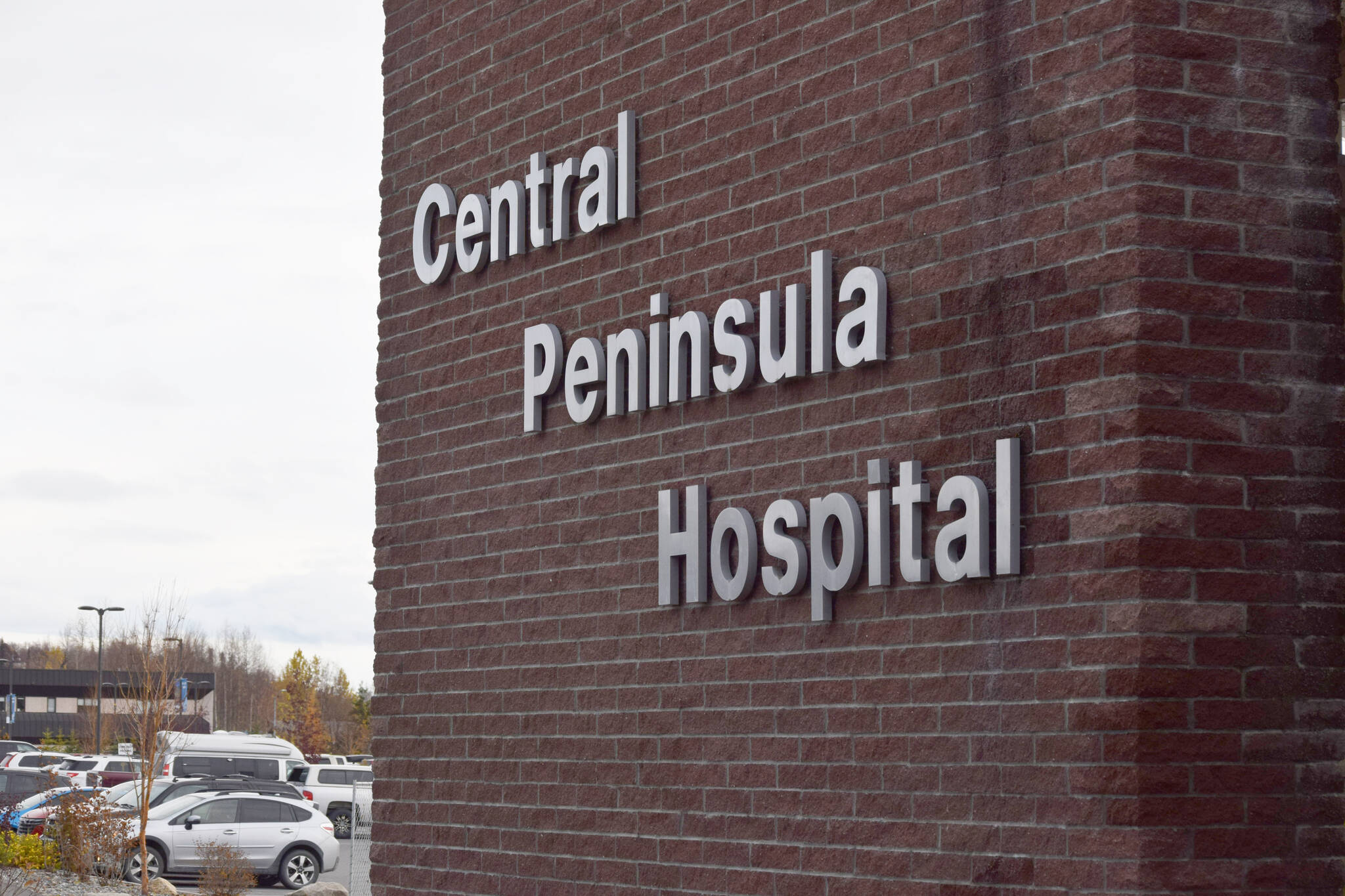Local and state health care leaders are monitoring a group of respiratory viruses on the rise nationwide and in Alaska.
The U.S. Centers for Disease Control and Prevention on Nov. 4 issued a Health Alert Network Advisory about increased respiratory virus activity, especially among children. Among the viruses the CDC says are co-circulating and may strain health care systems this fall and winter are COVID-19, influenza and respiratory syncytial virus, also called RSV.
RSV-associated emergency department visits and hospitalizations, the CDC says, are increasing. The agency describes RSV as a common respiratory virus that usually causes mild, cold-like symptoms. The Alaska Department of Health’s Division of Public Health said in a Monday update on respiratory diseases that cases of RSV are increasing in Alaska.
Central Peninsula Hospital External Affairs Director Bruce Richards said Monday that the hospital is not seeing an overly large number of patients with RSV, but that it is “picking up.” Between Sept. 1 and Nov. 10, CPH treated 25 patients with RSV. That’s compared to the same time last year, when CPH treated 81 patients with RSV. The hospital is also treating influenza patients, Richards said.
“We’re definitely having positive cases of the flu, both inpatient and outpatient, but yeah, it’s not swamping the hospital,” Richards said.
Still, Richards said CPH and other hospitals in Alaska are keeping their eye on the West Coast, where Alaska frequently sends patients for care not provided in state.
“In Washington, you know, places where we send really, really sick kids, that’s kind of our relief valve and they’re not taking any (patients),” Richards said.
According to the CDC, RSV is the most common cause of bronchiolitis, in which small airways in the lungs are inflamed, and pneumonia, when the lungs become infected, in children younger than 1 year old in the United States. Infants and young children and older adults are considered more likely to get serious complications if they become sick with RSV.
Per the Sept. 7 epidemiology bulletin, RSV hospitalization rates are higher for infants who are premature and infants who have a chronic lung or congenital heart disease. The same bulletin said that rural Alaska Native children are hospitalized with RSV at higher rates than other U.S children.
To help prevent the spread of RSV, the CDC says individuals with cold-like symptoms should wash their hands often, avoid close contact with others, clean frequently touched surfaces and cover coughs and sneezes with something other than their hands. People with cold-like symptoms should also avoid interacting with children at high risk for severe RSV disease.
More information about RSV can be found on the CDC’s website at cdc.gov/rsv.
Reach reporter Ashlyn O’Hara at ashlyn.ohara@peninsulaclarion.com.

